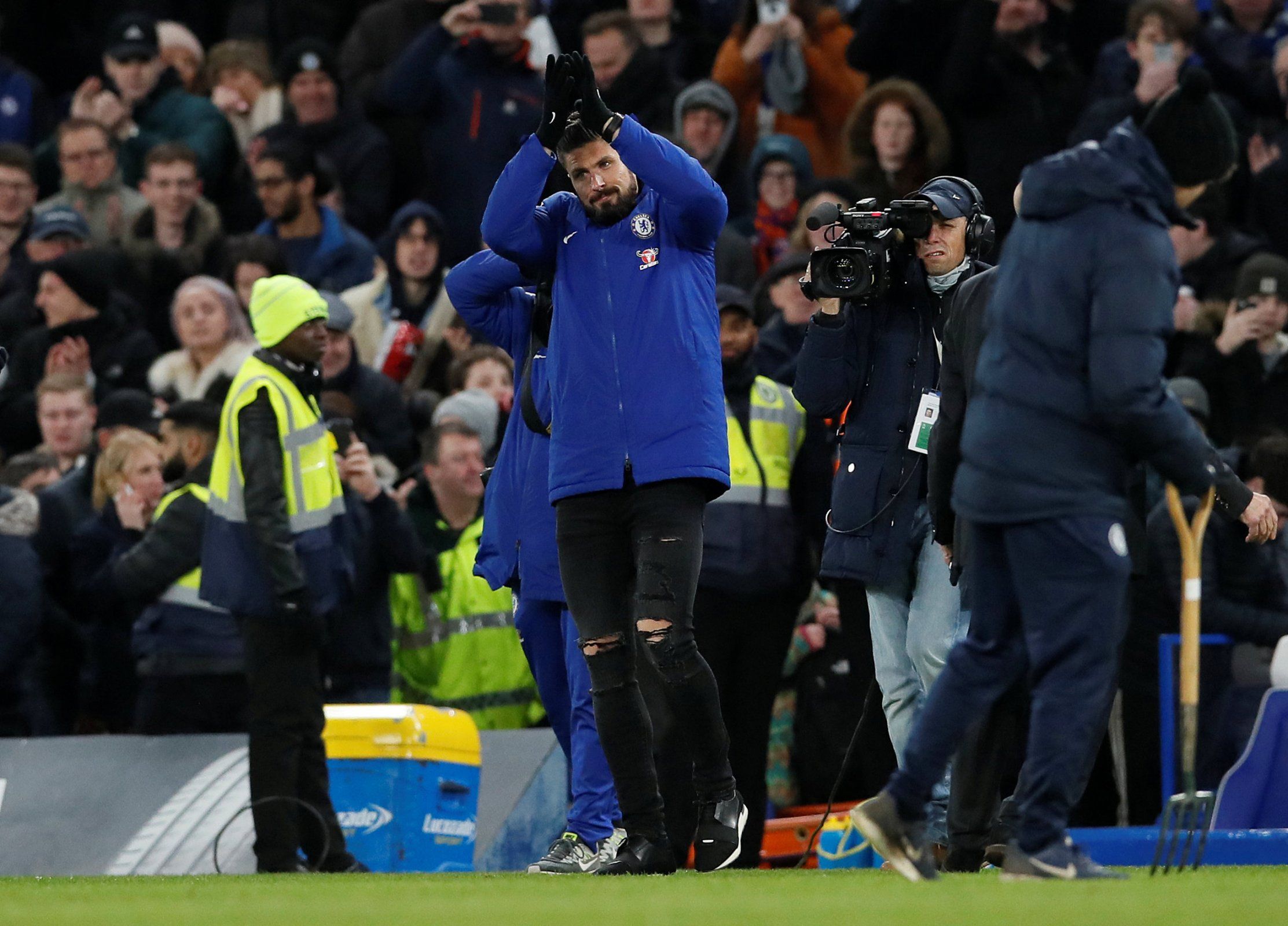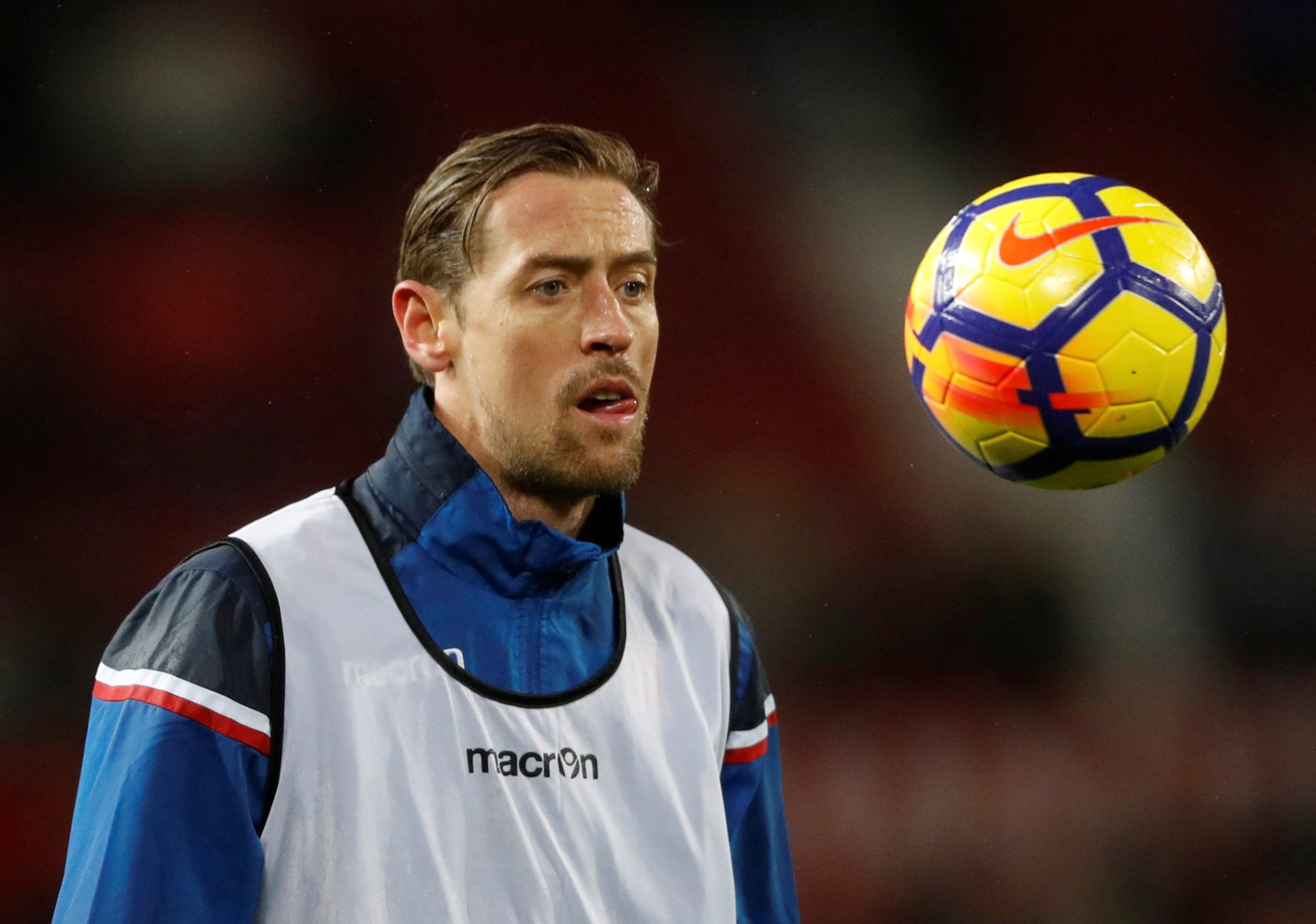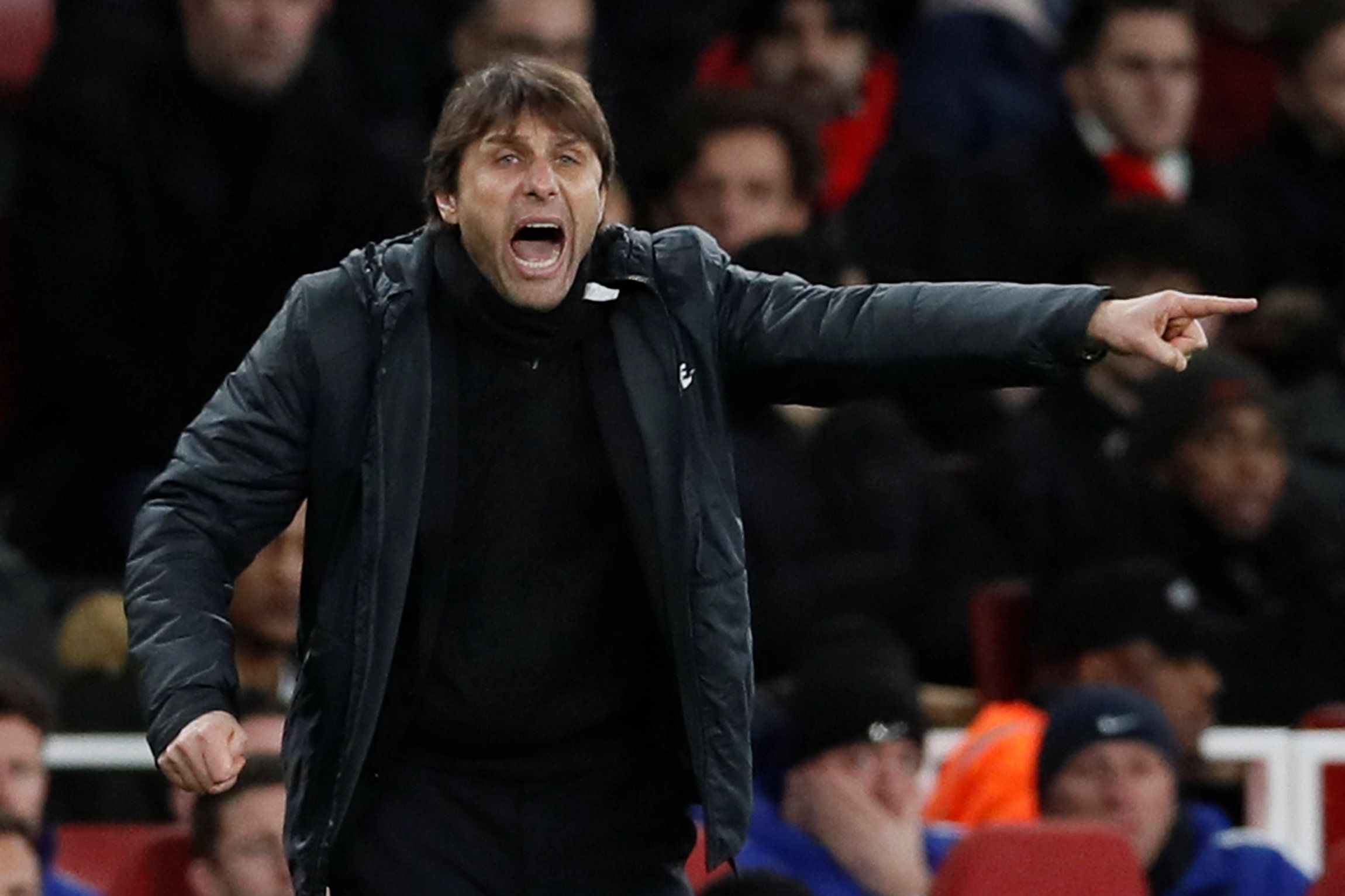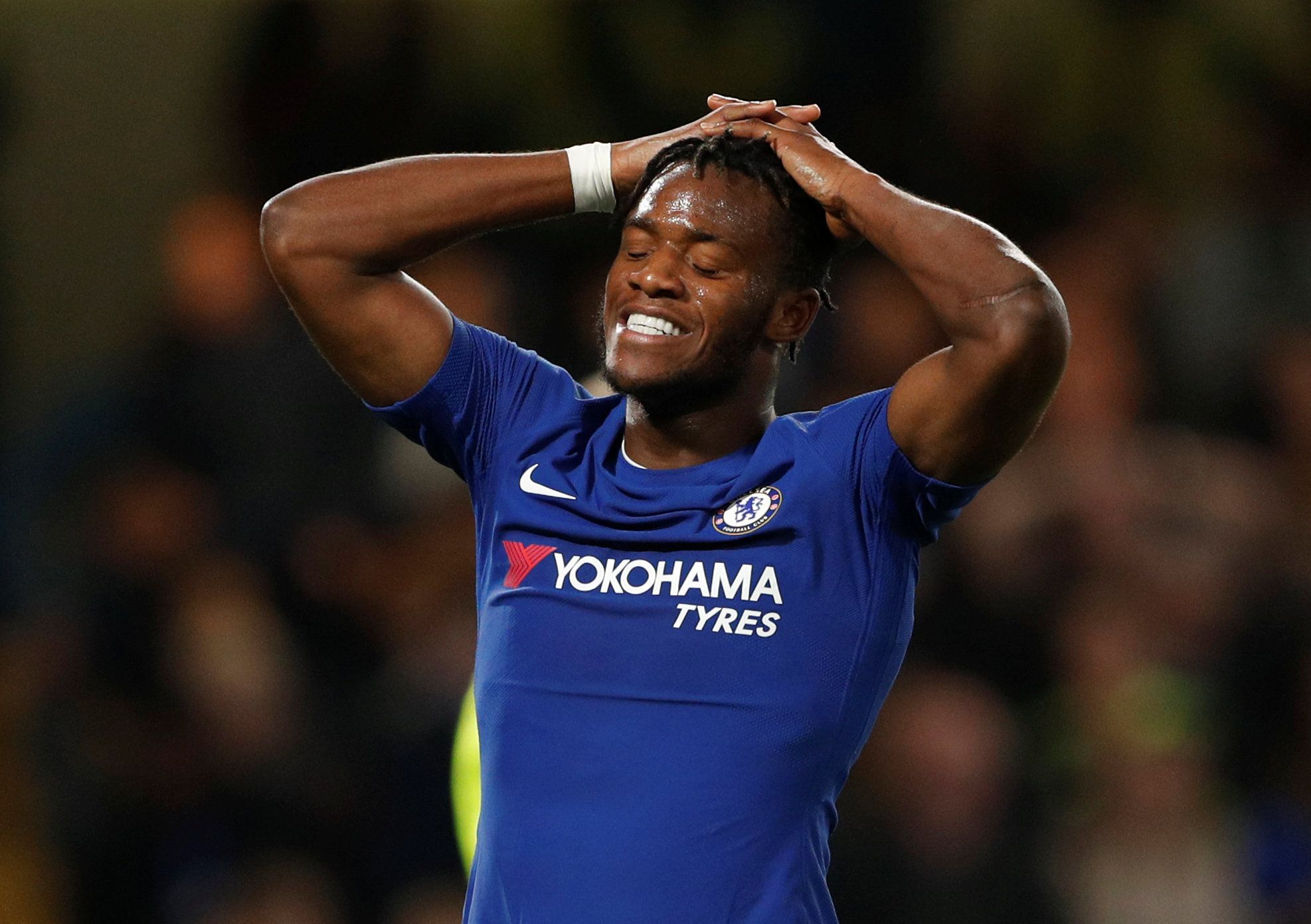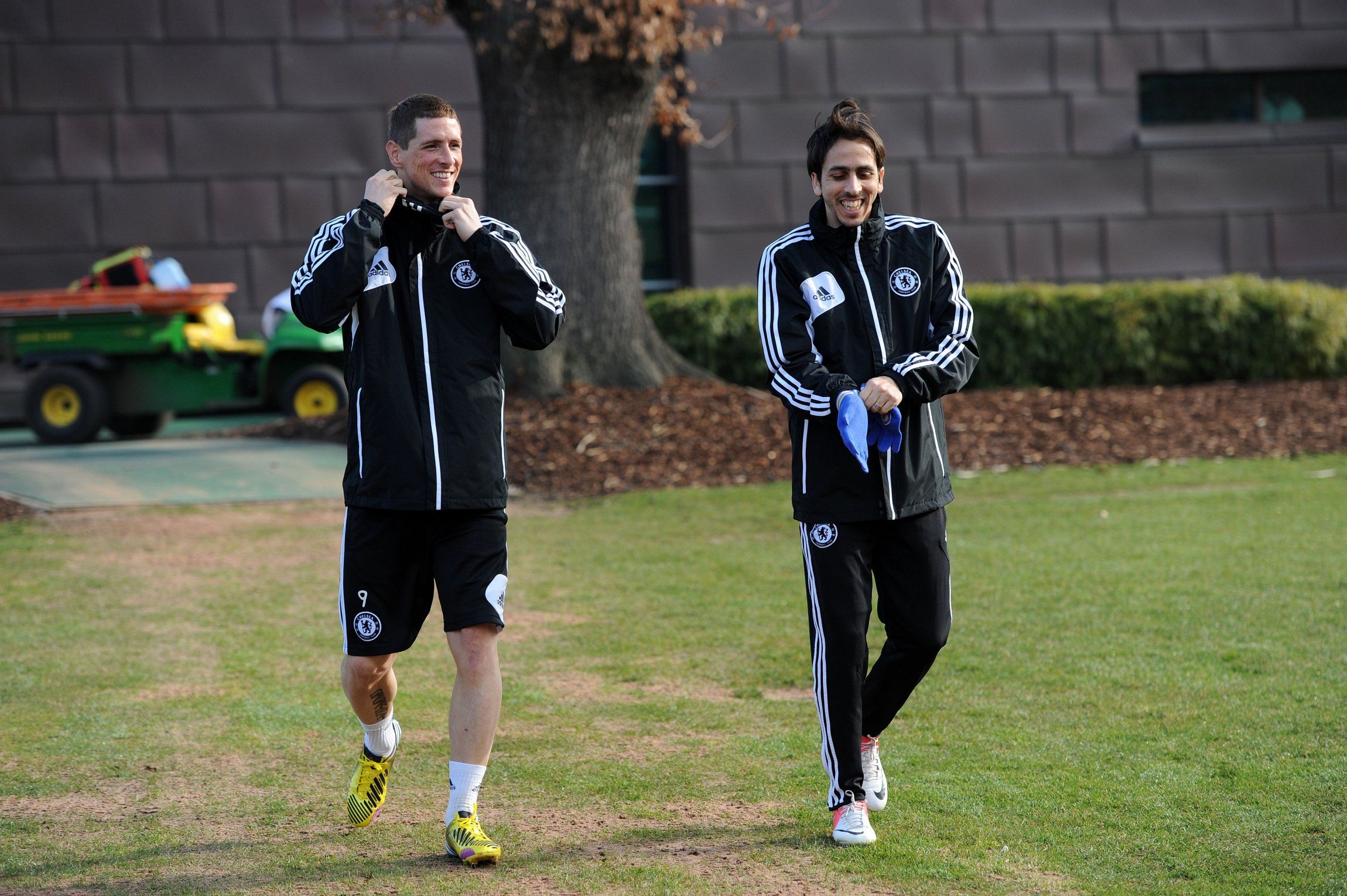On the surface, Chelsea’s potential swoop for Olivier Giroud is a simple case of a major club strengthening a depleted strike-force with a well-proven Premier League forward for what looks set to be a tough business end to the season. But scratch a little deeper and the Blues’ planned move for the Frenchman is such a deviation from the norm, it raises as many questions as Antonio Conte hopes the deal will answer.
The first and foremost regards style of play. Conte has desired a target man since last summer, when he missed out on Fernando Llorente to Tottenham, and his search for one has thrown up some exceptionally unusual names for a club of Chelsea’s calibre - Andy Carroll, Peter Crouch and even Ashley Barnes have all been reportedly considered at various stages of the January transfer window, yet none have ever scored more than twelve goals in a single Premier League season. The most recent to hit double figures was Crouch in 2011/12.
Giroud is an undoubted upgrade on those. In dramatic contrast, he’s scored at least eleven goals during all five of his full Premier League campaigns, and there is a greatly improved touch of class about the France international - who Transfermarkt vlaue at £18million - as well when compared to those more brutish and awkward British centre-forwards. He’s more than just a target man in the aerial bombardment sense of the phrase.
And yet, that is clearly what Conte is most drawn to about Giroud, despite it going against the grain of how Premier League football has so steadily changed - especially at the top of the table. During the 2003/04 season, there was an average of 51 crosses per match in the top flight; fast forward to this season and that number has dropped to a mere 38. Likewise, the average number of long passes produced by Premier League clubs has reduced by around three per match from 2009/10 to this season.
Perhaps that explains the interest in a taller centre-forward; in the modern climate, Giroud is something of a rarity. But there is also a very good reason for that - the game, especially at top level, has moved in a vastly different direction and rather than physically imposing strikers who can lead the line single-handed, some teams - nominatively Liverpool and Manchester City - regularly play with no recognised central striker at all.
Giroud was a bit of a throwback when Arsenal signed him from Montpellier five-and-a-half years ago; at this point, he’s definitively old-fashioned. For a club that hopes to be consistently competitive domestically and in Europe over the coming years, it’s a strange look towards football’s past rather than the future.
The obvious counter-argument is Chelsea’s need for a Plan B and most particularly, someone who can hold up the ball well enough to bring Eden Hazard, Willian and Pedro into the game - that’s been the biggest criticism of Michy Batshuayi, who looks set to pass Giroud on his way out of Stamford Bridge. Likewise, as Premier League rivals continue to get smaller and shy away from tall front-men, Giroud will leave Chelsea with a significant height advantage in certain scenarios.
And yet, at least in terms of aerial threat, that isn’t really a problem at Stamford Bridge; they always have three centre-backs on the pitch and no Premier League player has scored more headed goals this season than Alvaro Morata. In any case, for all the height they already have, Chelsea take short corners and work the ball to the edge of the box more often than they swing it in under Conte. Suddenly, the Italian’s obsession with a tall striker becomes a little more muddled.
For Chelsea too, it is a strange deviation from contemporary practices. In recent years, resale values have influenced the club’s transfer policy as much as, if not more than, the ideals and visions of the managers. The last time Chelsea spent a transfer fee on a player aged 30 was in summer 2010, when they paid £5million for Yossi Benayoun, and the club have also insisted on one-year contract extensions only for players of the same age.
Of course, it remains to be seen how much Chelsea will fork out for Giroud and what length and value of contract they’ll off him, but there has clearly been something of a change in mentality at Stamford Bridge. For a club with such a strict approach in the transfer market, that can’t be a coincidence; while Giroud is a rare exception at 31, Crouch is six years older than that.
At this point, there are two different interpretations of what exactly that means. In one sense, it can be looked at as Chelsea making allowances for a manager who has frequently implied dissatisfaction with the club’s recruitment process, which in turn suggests - contrary to recent murmurings - the Blues are expecting Conte to still be at Stamford Bridge next season. If anything, they're hopeful breaking their usual rules in the transfer market will make him feel more appreciated.
But that can be looked at from the opposite viewpoint as well. After all, Giroud is most likely a short-term signing who will be moved on again before he starts to decline which, in contrast, hints that Conte will be leaving soon. If that wasn’t the case and Conte remained a clear part of Chelsea’s long-term plans, the club would surely have devoted considerably more funds in a younger striker expected to spend the definitive chunk of his career in west London.
At this point, it’s difficult to tell what Chelsea’s swoop for Giroud truly means. Whether it's a stop-gap solution until Chelsea hire a new manager, whether Conte is right to target tall centre-forwards or naively ignoring the inevitable winds of change, whether Chelsea are no longer sticking to their policy for players over 30.
But the inevitable afterthought is clear enough; it’s such an unusual deal for not only Chelsea but also a top-end Premier League club, that there is an underlying significance to it. Over the course of the season and the summer, that significance will come increasingly clearer.
[ad_pod ]

